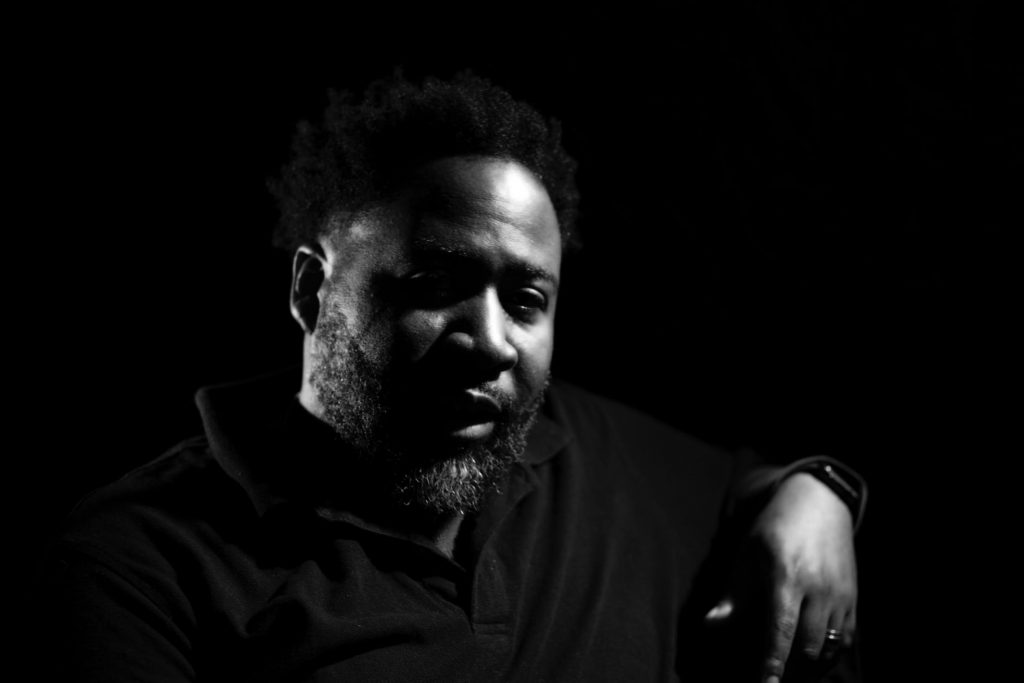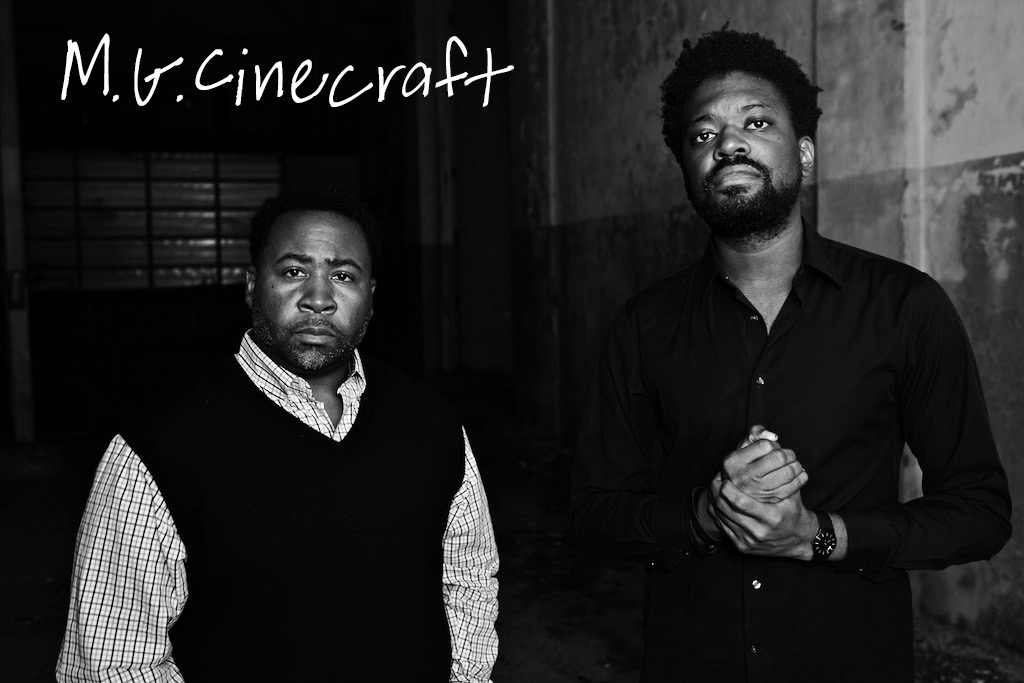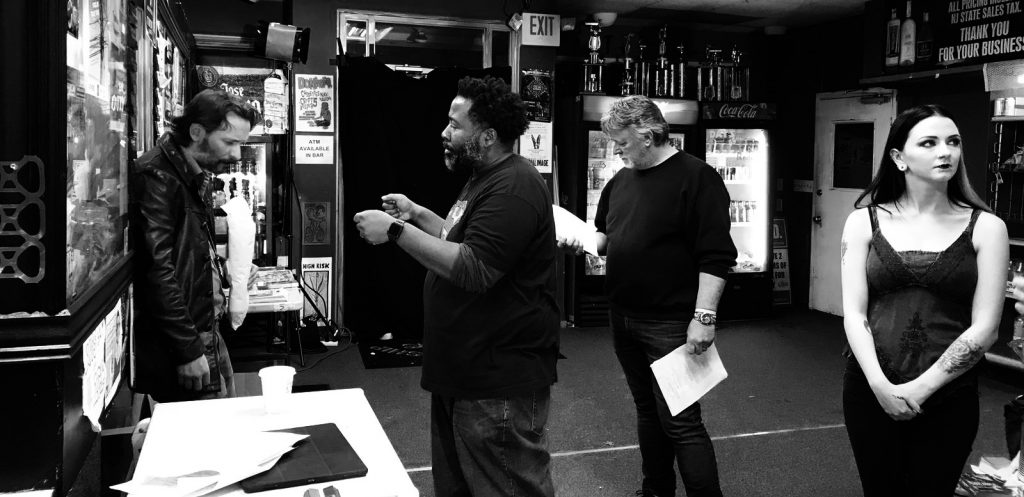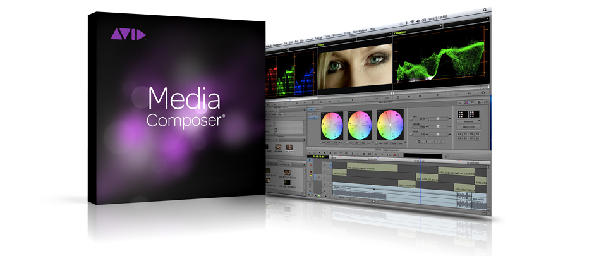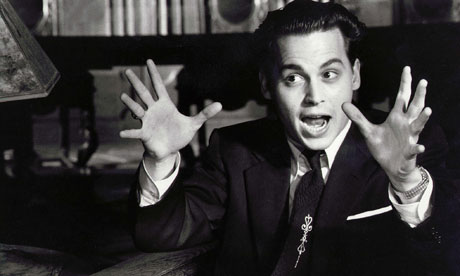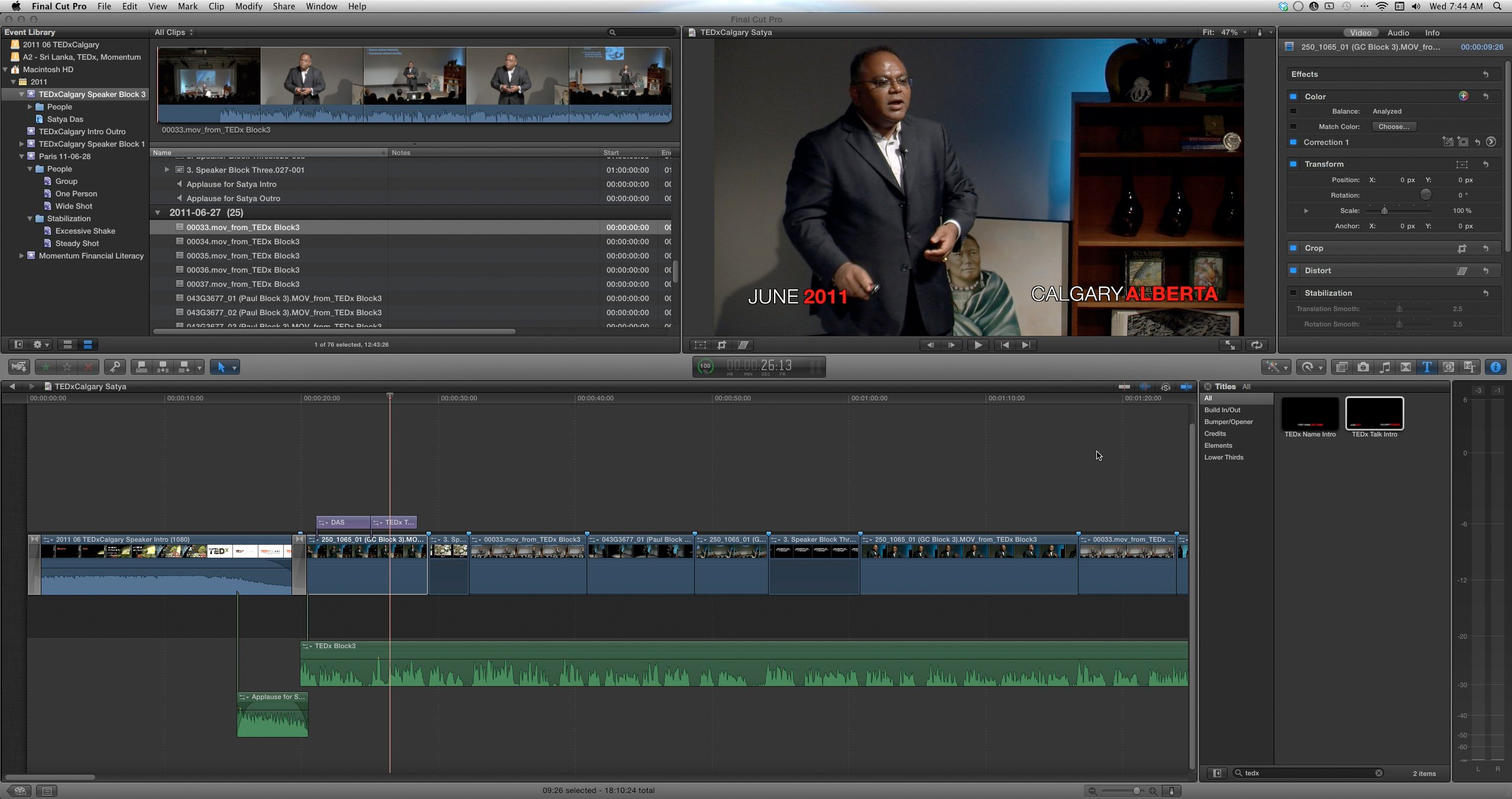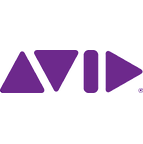
What can David Lynch teach you about making films?
The IFC Center in NYC is currently screening a remastered version of David Lynch’s Inland Empire, a 2006 experimental film written, directed and co-produced by David Lynch.
The film’s cinematography, editing, score and sound design were also by Lynch, with pieces by a variety of other musicians featured.
Released with the tagline “A Woman in Trouble”, the film follows the fragmented and nightmarish events surrounding a Hollywood actress (Dern) who begins to take on the personality of a character she plays in a supposedly cursed film production.
Several Firsts
Inland Empire marked several firsts for Lynch: it was shot without a finished screenplay, instead being largely developed on a scene-by-scene basis.
Shot entirely in low-resolution digital video by Lynch himself using a handheld Sony camcorder rather than traditional film stock.
He basically grabbed a Sony PD150 (not the nicest camera out there) went and shot a movie and grossed over 4 million dollars at box office.
Now, this movie isn’t for everyone, and only die-hard Lynch fans tend to love it, but you can’t argue with the fact that one of the main reasons he was able to do it was because he had his own digital camera.
Guess what, ladies and gentlemen, if you ever decide to come to Digital Film Academy and take our Associate of Science Degree in Digital Media, you will get a much nicer camera than the Sony Lynch had at the time.
Not to mention all the professional sound equipment, lights, awesome skills and industry professional training.
Lynch found a (very profitable) way to share his ideas with the world, even if most people didn’t understand it.
So if you’ve got something to say, DFA won’t stand in your way. We will give you the training to do it.
Come check us out at one of our Open House events and know more about our school, programs and graduates.


